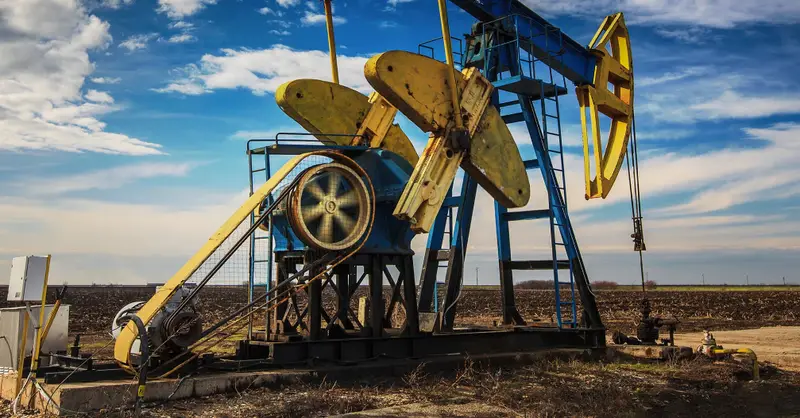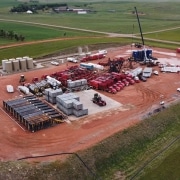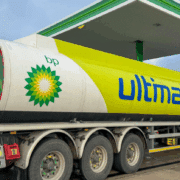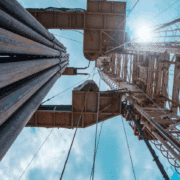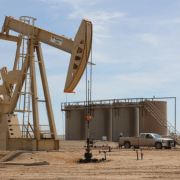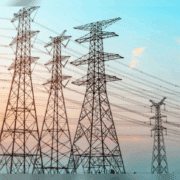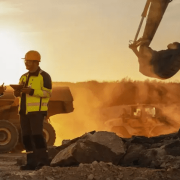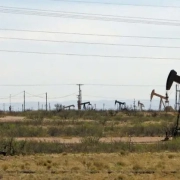The information provided on this page is for general informational purposes only and does not constitute legal, financial, or investment advice. Oil and gas laws, mineral rights regulations, and royalty structures vary significantly by state and jurisdiction. While we strive to provide accurate and up-to-date information, no guarantee is made to that effect, and laws may have changed since publication.
You should consult with a licensed attorney specializing in oil and gas law in your jurisdiction, a qualified financial advisor, or other appropriate professionals before making any decisions based on this material. Neither the author nor the publisher assumes any liability for actions taken in reliance upon the information contained herein.
Impact Of Oil And Gas Leasing
The oil and gas industry plays a pivotal role in meeting global energy demands. Yet, the environmental impact of oil and gas leasing has garnered significant attention and concern. As the world grapples with climate change and strives to reduce carbon emissions, it is essential to assess the environmental consequences of leasing land for oil and gas exploration and production. In this comprehensive guide, we will delve into the environmental impact of oil and gas leasing, covering the various aspects, challenges, and potential solutions. Understanding these impacts is crucial for making informed decisions and shaping the industry’s future with a focus on environmental sustainability.
Understanding Oil and Gas Leasing
Oil and gas leasing is the process of granting individuals or companies the right to explore, drill, and extract oil and natural gas resources from a specific tract of land. This involves contracts between landowners and energy companies, enabling the lessee to access the resources in exchange for royalties and lease payments.
The Environmental Impact of Oil and Gas Leasing
The environmental impact of oil and gas leasing is multi-faceted and affects various aspects of the environment. It is crucial to assess and address these impacts to promote sustainable practices within the industry.
Air Pollution and Greenhouse Gas Emissions
The exploration and production of oil and gas release significant quantities of air pollutants and greenhouse gases. These emissions include methane, a potent greenhouse gas, and volatile organic compounds (VOCs), which contribute to ground-level ozone formation. These pollutants have several environmental consequences, such as:
- Climate Change: The release of greenhouse gases intensifies climate change, leading to rising temperatures, extreme weather events, and sea-level rise.
- Air Quality: Air pollutants can degrade air quality, posing health risks to nearby communities, including respiratory and cardiovascular problems.
Water Contamination and Pollution
Oil and gas activities carry the risk of water contamination and pollution, particularly when hydraulic fracturing or fracking is involved. The potential consequences include:
- Groundwater Contamination: Chemicals used in fracking fluids and the migration of methane can contaminate groundwater, rendering it unsafe for consumption.
- Surface Water Pollution: Spills and runoff from drilling sites can pollute nearby rivers, streams, and other surface water bodies, harming aquatic life.
Land Disturbance and Habitat Disruption
The process of clearing land, drilling wells, and constructing infrastructure can result in significant land disturbance and habitat disruption:
- Deforestation: Clearing land for drilling sites and infrastructure can lead to deforestation, which affects local ecosystems and wildlife.
- Habitat Fragmentation: Drilling activities can fragment habitats, making it difficult for wildlife to migrate and access resources.
Mitigation and Environmental Regulations
Mitigating the environmental impact of oil and gas leasing requires a combination of effective regulations and industry best practices:
- Regulations: Government agencies set rules and regulations to monitor and mitigate environmental impact. Examples include the Clean Air Act and Clean Water Act in the United States.
- Best Practices: Energy companies can adopt industry best practices that reduce environmental impact, such as using advanced drilling technologies and optimizing resource recovery.
Emerging Technologies and Practices
The oil and gas industry is continually evolving, with the development of new technologies and practices aimed at reducing its environmental footprint:
- Methane Capture: Advanced technologies enable the capture and utilization of methane emissions, reducing their release into the atmosphere.
- Water Recycling: Innovations in water management allow for the recycling and reuse of water in drilling operations, minimizing freshwater consumption.
The Role of Public and Private Sectors
Both public and private sectors play a significant role in addressing the environmental impact of oil and gas leasing:
- Government Action: Governments must enact and enforce environmental regulations and standards, while also encouraging sustainable practices.
- Corporate Responsibility: Energy companies should adopt environmentally responsible practices and invest in research and development to reduce their impact.
Balancing Energy Demands and Environmental Responsibility
Balancing the need for energy resources with environmental responsibility is a complex challenge:
- Transition to Cleaner Energy: Reducing dependence on fossil fuels and transitioning to cleaner energy sources, such as renewables, is a key strategy.
- Regulatory and Fiscal Policies: Governments can implement policies that incentivize environmentally responsible practices and discourage pollution.
Evaluating the environmental impact of oil and gas leasing is an essential step in promoting sustainability and addressing the challenges posed by climate change. The industry must continue to adopt responsible practices, invest in technology and innovation, and work in tandem with governments and the public to minimize its environmental footprint. As the world grapples with the imperative to reduce carbon emissions and protect the environment, it is crucial to find a balance between meeting energy demands and environmental responsibility.
If you have further questions related to the topic, feel free to reach out to us here.

